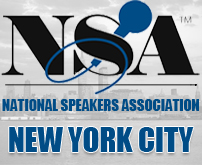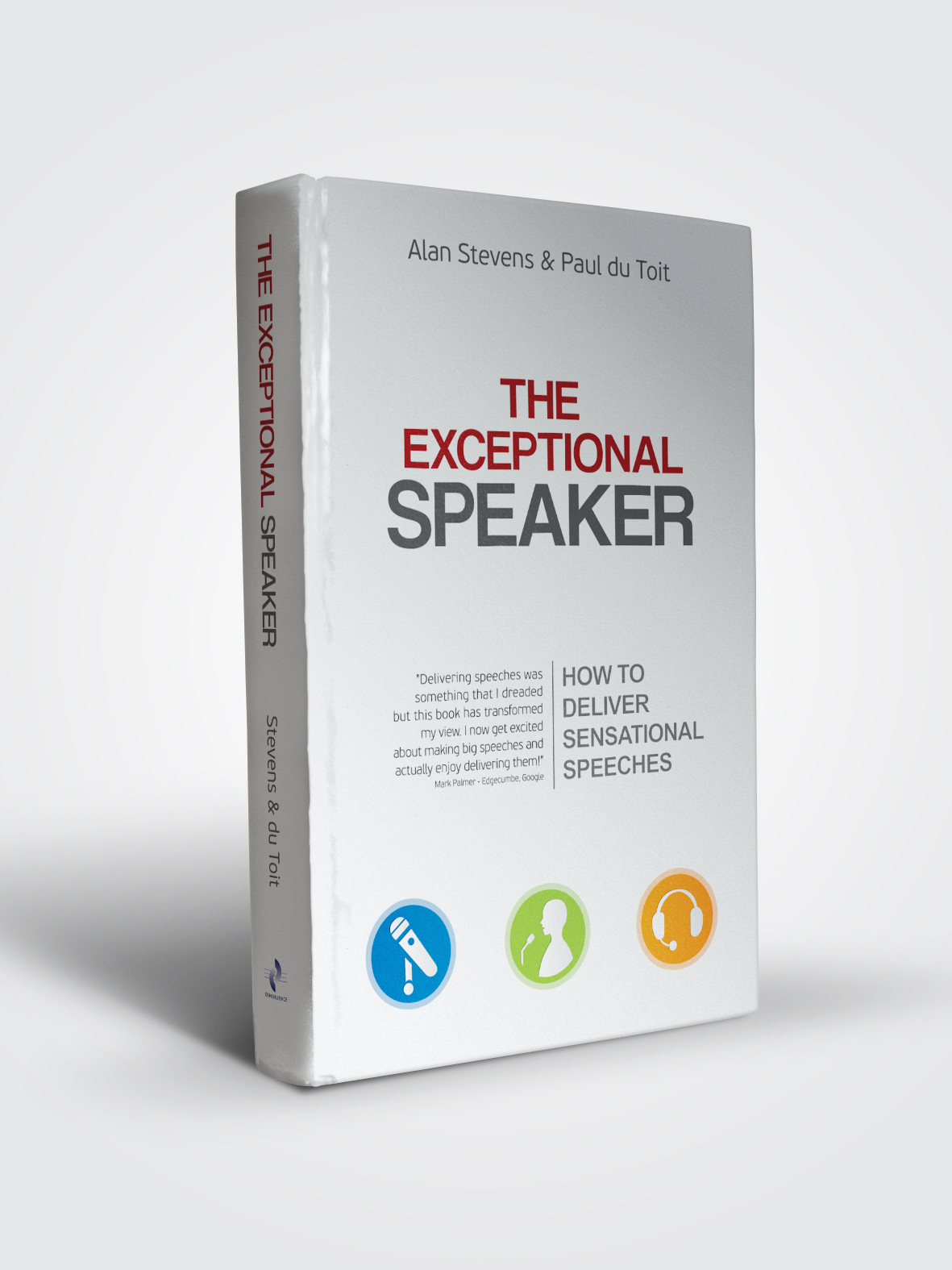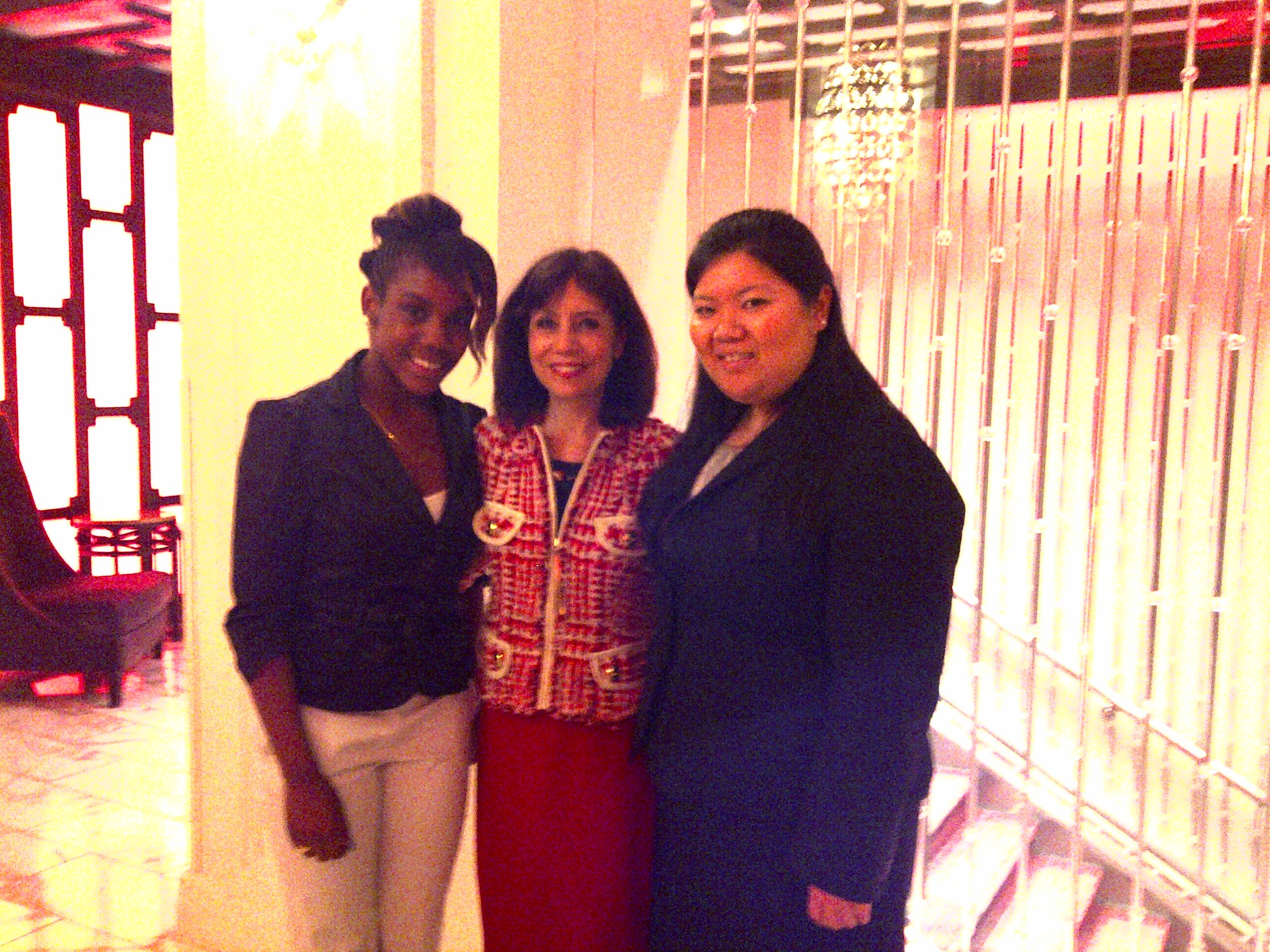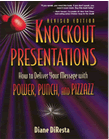In 2014 presentation skills will reign supreme. Leaders and entrepreneurs will need to be more visible across different media platforms. Speaking is the new competitive advantage and the bar has been raised. Here are the trends in presentations that I predict for 2014.
- Broadcasting skills - Whether you're an entrepreneur or employed by a company, expect to have your 15 minutes of fame.Today's presenters need broadcasting skills. Media training will become a vital success skill even for those who do not speak to the press. I'm currently coaching a client to lead quarterly webcasts. Five years ago this senior executive wasn't doing any broadcasting. This client has since been filmed for executive promotional videos. Video presentations will increase in popularity. I use eyejot.com to send quick video emails. Videos can be very effective or very detrimental if you have weak presentation skills.
- Mobile presentations - Mobil technology is exploding and the number of apps is growing. This will require adjustments in the way we communicate. Slide shows and websites must be adjusted for mobile devices.The key word in presentations is portability. On a personal note, I now videotape my coaching clients on the ipad. The quality is as good as a video camera and it's easier to transport.
- Increased Need for Speaker Training - The need for excellent presentation skills will increase.due to the competitive nature of the market. Products and services can quickly become commodities and in order to be persuasive, presenters will need to know how to capture and hold the ear of the listeners.
- Self marketing presentations - Personal branding will become even more important. In a crowded market place where good jobs are at a premium. Job candidates will have to master marketing and selling. That means understanding what makes them unique and how to position themselves, their message, and their value with clarity and impact. Lack of confidence will be the deal breaker. Speakmarketing will be a growing factor for small business success. Presently, I'm coaching small businesses to develop webinars to grow their businesses.
- Storytelling - Telling stories will no longer be the domain for the talented few. Leaders will be challenged to learn the art of storytelling to develop trust, express their vision and to lead their teams. And storytelling skills will be the differentiater in the job interview.Certain companies such as Pepsico, have a culture of storytelling. The best interviewers will invest in public speaking coaching to learn to tell their story instead of presenting their resume.
- Authenticity - Audiences are more sophisticated and less tolerant than ever. They want to know who the speaker is as a person.Do they walk their talk? Audiences will value presenters who are real versus a just-the-facts approach. I was asked to coach somebody who had a well-crafted PowerPoint deck but delivered it like a talking head. Listeners are thinking "Who are you?"
- Increased Audience Interaction - The key word is connection. In a society where there is less time for socializing and more stress, people want to have an experience and participate with the speaker. Watch for increased live polling, tweeting, live streaming,and audience participation. Technology will level the playing field as speakers can now use inexpensive polling software on their mobile devices.There will also be an increase in virtual presentations. I'm coaching more clients remotely due to technology tools.
- Less Fluff More Value - Motivational speakers will always be popular as long as the human soul craves uplifting messages. But today's presenters need more than a string of 'feel good" stories. They must be able to provide value, tips, strategies, action steps, a different way of thinking along with those stories. Audiences are more demanding.
- Shorter Keynote Speeches - The 18 minute TED-like talk will become more commonplace. This is already happening at conferences. Instead of the one to three hour breakout sessions, event planners and audiences are opting for a series of shorter talks.
- Continuity - The old transactional model of giving a one hour presentation and then return to business as usual, will give way to the idea of continuity.The message will continue after the event or meeting with additional contact and add-on resources. Despite the fact that younger audiences are leaving facebook, social media will continue to be an important communication channel for staying connected. However, people will consider the return on their time and become more focused and narrow in their social media communication.
All of these trends can be summarized in one idea: Public speaking is more important than ever. The need for excellent presentation skills is not going away. It will only increase in 2014 and beyond. Just as with technology upgrades,presenters will upgrade their public speaking skills or risk becoming obsolete.

 How do public speakers go from good to great to awesome? They attend the NYC chapter of the National Speakers Association. The guest speaker for November was executive speech coach,
How do public speakers go from good to great to awesome? They attend the NYC chapter of the National Speakers Association. The guest speaker for November was executive speech coach,  Do you want to be an exceptional speaker? My friends Alan Stevens and Paul Du Toit, from the U.K. have just published a book that shows you how. I saw them at the
Do you want to be an exceptional speaker? My friends Alan Stevens and Paul Du Toit, from the U.K. have just published a book that shows you how. I saw them at the 






